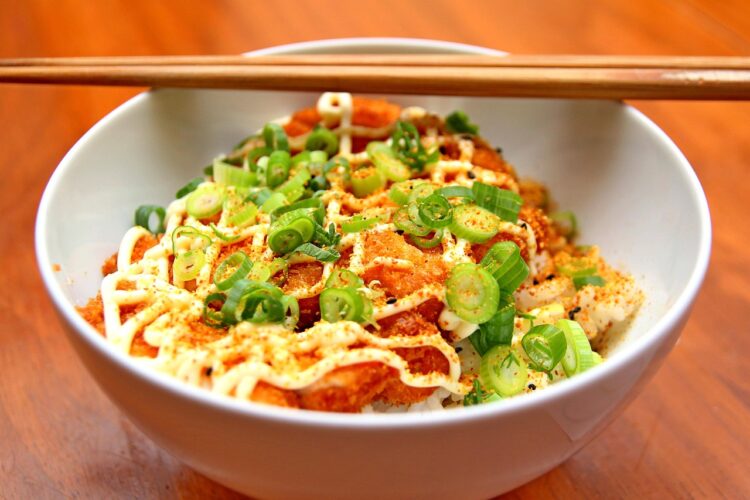
There’s a strange guilt in how people eat now. Food stopped being about taste and became a kind of performance. Every bite has to mean something: clean, mindful, organic, approved. Some of it’s good, but a lot of it isn’t. Many people quietly force themselves to like things just because they seem healthy. Here are fifteen of them that look virtuous online but rarely taste like joy.
Kale Smoothies
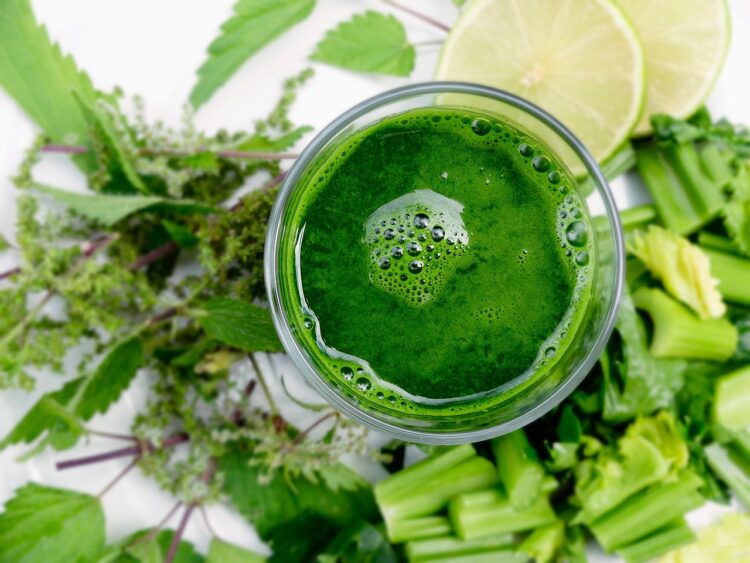
Every healthy morning starts with one, or so everyone says. But behind the mason jars and metal straws, there’s the grim reality of bitter greens blended into froth. People smile while sipping, pretending it’s “refreshing.” In truth, it tastes like wet lawn and self-discipline. If kale really brought happiness, no one would need to drown it in mango or honey justto get through a single glass. Most people don’t drink it for joy — they drink it for proof.
Overnight Oats
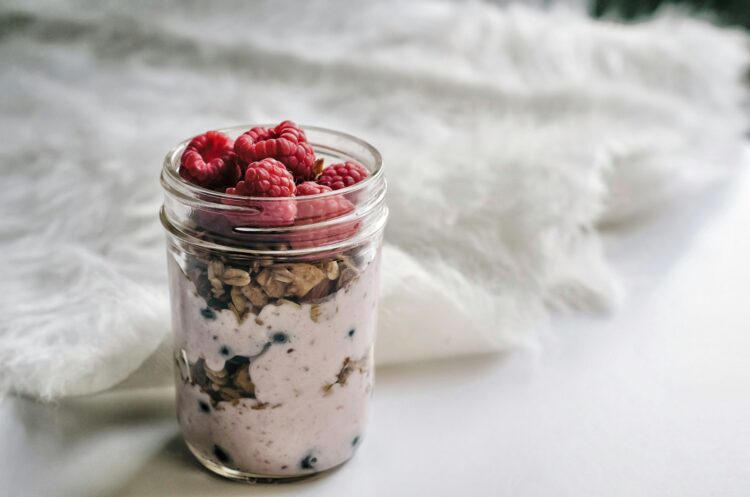
They look comforting in photos. They’re soft, pastel, carefully topped with berries and chia seeds. But in real life, it’s cold porridge that forgot to have a personality. The texture sits somewhere between paste and regret. People say it’s convenient, but convenience shouldn’t taste like punishment. Warm oatmeal takes five minutes and feels like comfort; this feels like breakfast served by an algorithm.
Celery Juice
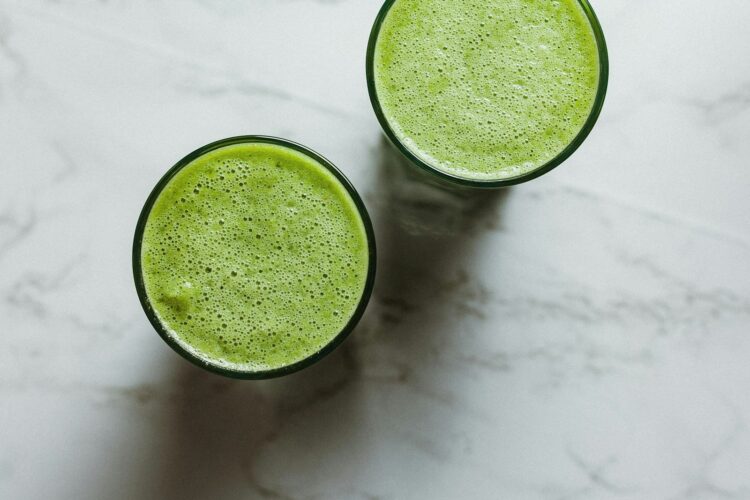
The promise: clear skin, better digestion, boundless energy. The reality: it tastes like saltwater sadness poured through a garden hose. Even celery didn’t want to be the main character. People chug it fast, face twisting mid-sip, pretending it’s “refreshing” while silently counting the seconds until it’s over. If virtue had a flavor, it would taste like this — sharp, joyless, and oddly proud of itself.
Chia Seed Pudding
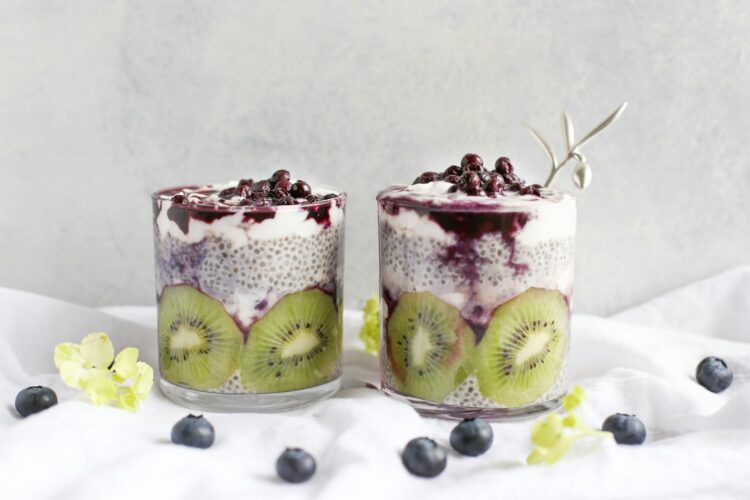
It looks chic in jars but feels like eating cold frogspawn from a skincare commercial. People insist it’s “so filling,” which is just another way of saying “hard to finish.” You can flavor it with cocoa or berries, but the slime always wins. The promise of health turns texture into suffering. Somewhere, actual pudding wonders what it did to deserve this comparison.
Protein Bars
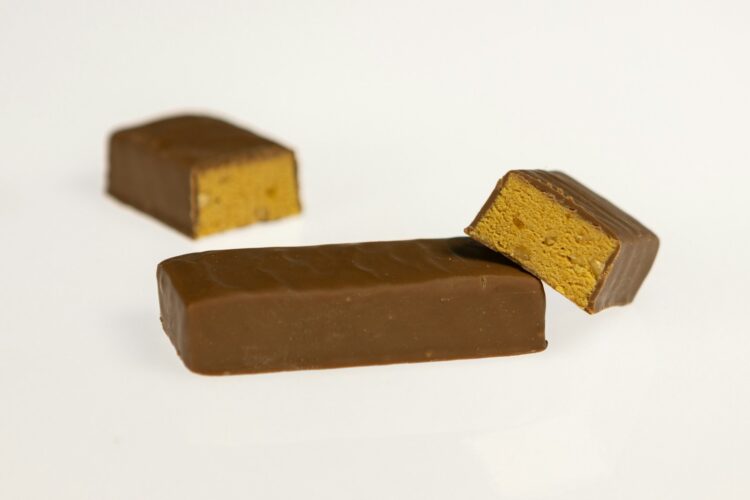
They promise energy but deliver disappointment. The taste is always “almost chocolate” or “kind of peanut butter,” with the aftertaste of sweetened drywall. Everyone keeps one in their bag, but no one wants to eat it. It’s a survival tool, not a snack. The marketing says fuel — the flavor says cardboard commitment. And yet, we all pretend it’s “fine” because admitting otherwise would mean we chose something joyless on purpose.
Cauliflower Pizza Crust
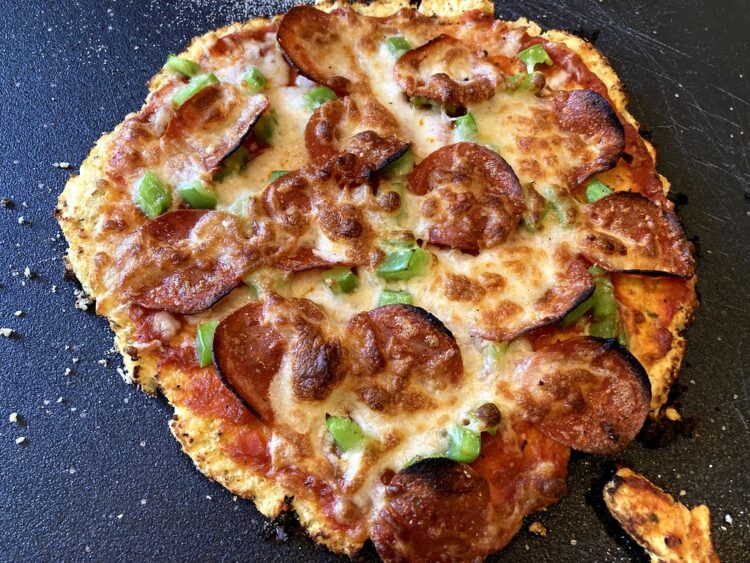
It sounds clever: pizza without guilt. But guilt might actually taste better. No one has ever taken a bite and thought, this beats the real thing. It’s soggy, faintly sour, and disintegrates under toppings the way hope does under moderation. You can tell yourself it’s pizza, but your taste buds know betrayal when they meet it.
Matcha Anything
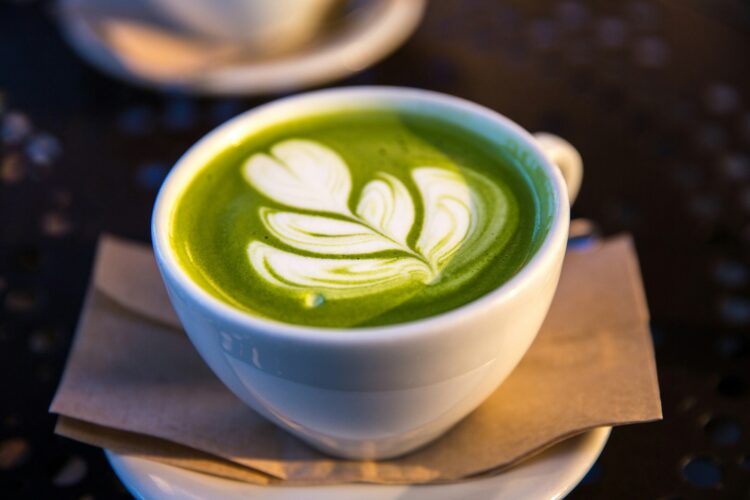
It’s everywhere — lattes, cakes, smoothies — all the color of oversteeped grass. People call it “earthy,” which is code for “tolerable if you pretend it’s sophisticated.” It’s not that it’s bad — it’s just joyless, the edible version of showing you have taste but not comfort. People sip it thoughtfully, as if enlightenment were hiding under the foam. It never is.
Almond Butter
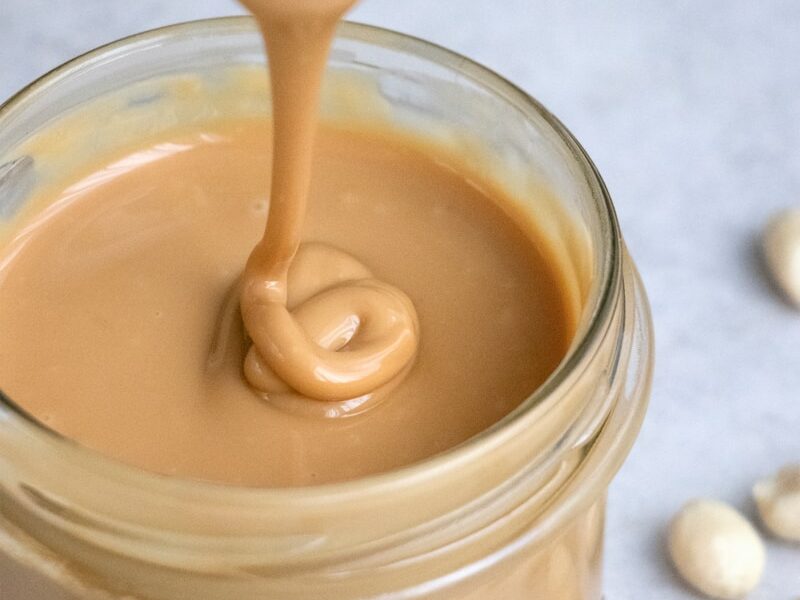
People call it “better than peanut butter.” They’re lying to themselves and each other. It’s grainy, bitter, and costs twice as much. No one eats a spoonful straight and smiles; they chew politely, pretending to appreciate its “depth.” It’s the beige wallpaper of food — expensive, inoffensive, and completely unnecessary. The only thing rich about almond butter is the person buying it.
Zucchini Noodles
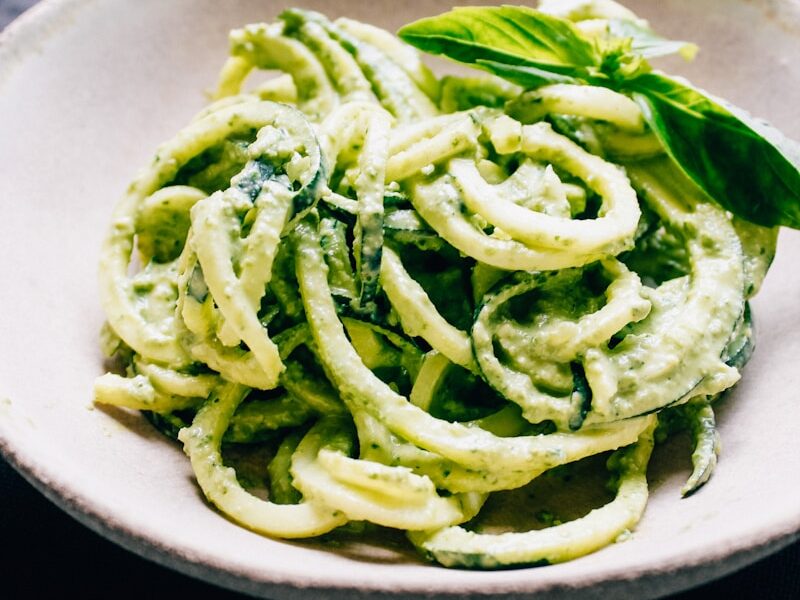
It’s not pasta. It’s a wet salad shaped like disappointment. You can spiralize, sauté, and season — but it still tastes like a punishment for enjoying carbs. People say they “don’t even miss real pasta anymore,” but their eyes always flicker when they say it. It’s a lie of survival. The truth is, no one has ever felt comforted by zucchini.
Green Juices That Cost $12
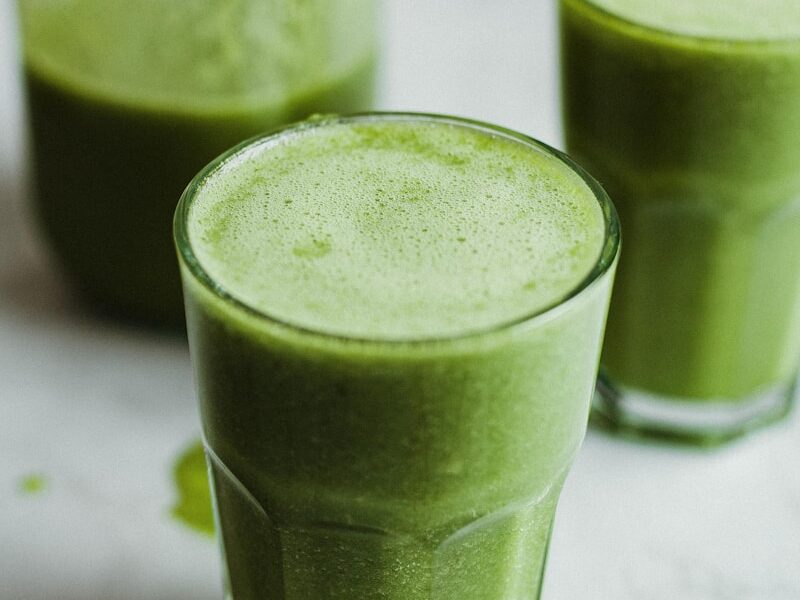
You drink it and instantly taste the regret. It’s cold, bitter, vaguely sweet from apple — but mostly spinach’s revenge. The price tag adds insult to injury. You could have had lunch, but you bought chlorophyll instead. It’s not nourishment; it’s a moral theatre in a bottle. A liquid reminder that wellness has become a brand with no flavor.
Quinoa Everything
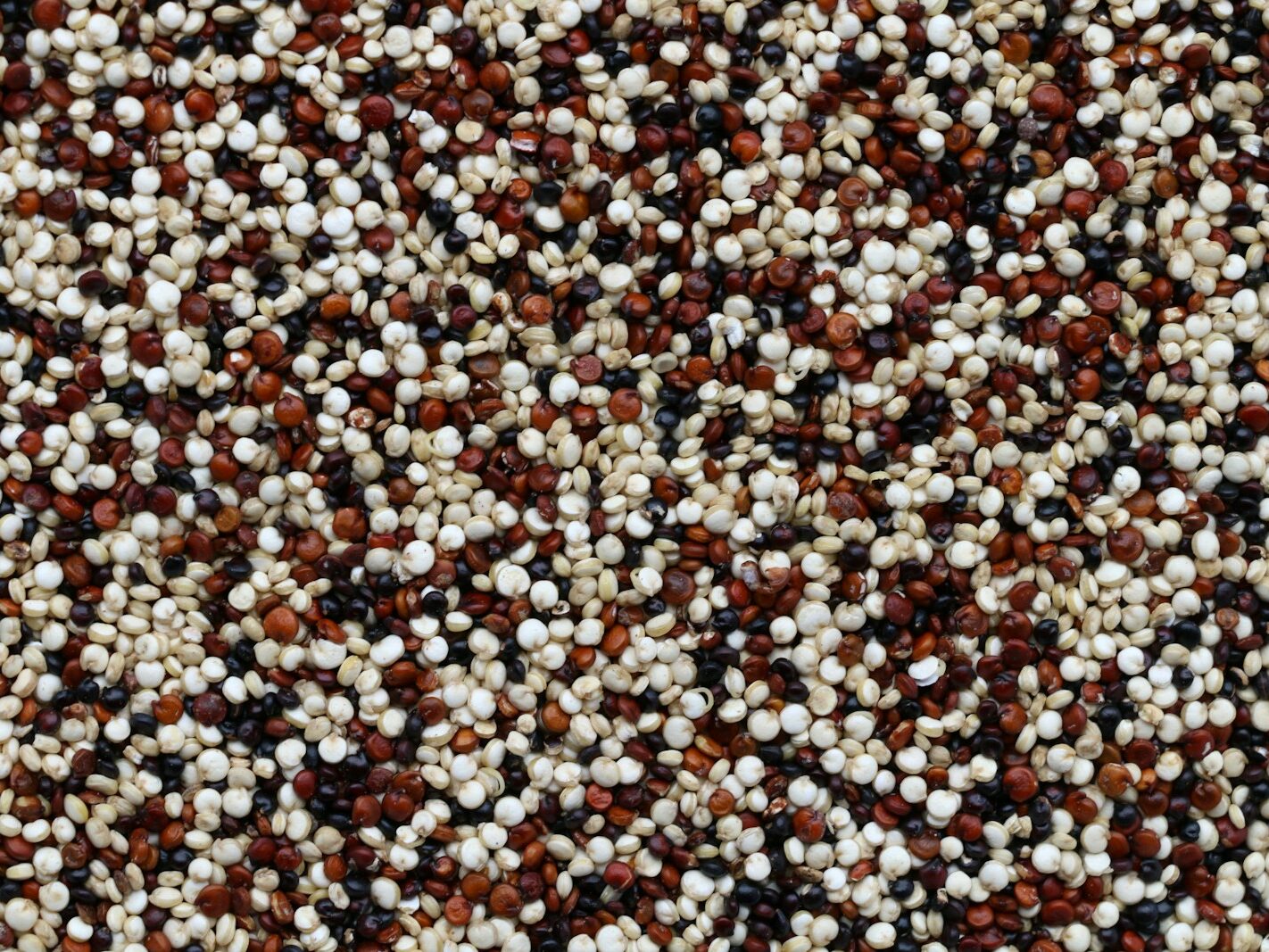
Quinoa is fine until people start forcing it into places it doesn’t belong. Pancakes, muffins, “energy bites.” It’s the try-hard of health food, desperate to prove it’s versatile while forgetting it was only ever good as a side. You can almost hear it squeak with self-importance in every bite. Not everything nutritious needs to be in a dessert.
Flavored Sparkling Water
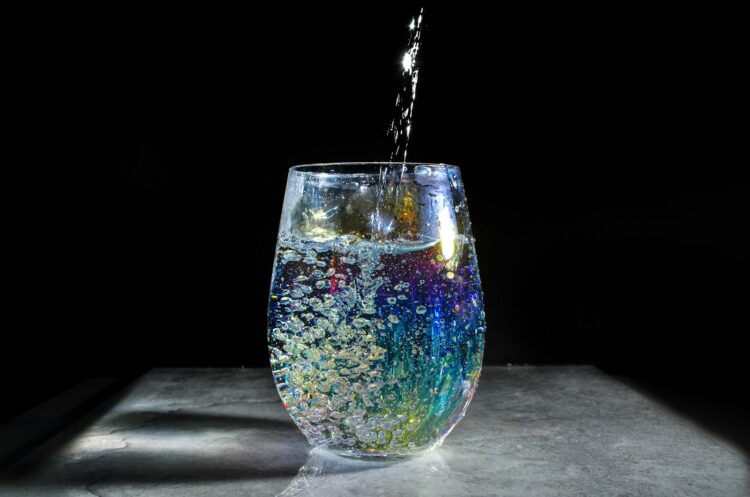
It sounds refreshing, but mostly tastes like a memory of fruit. It’s what happens when water gets whispered near an orange. People keep saying, “You get used to it,” which is never a good selling point for anything you voluntarily drink. It’s technically hydration, but emotionally, it feels like being ghosted by flavor.
Acai Bowls
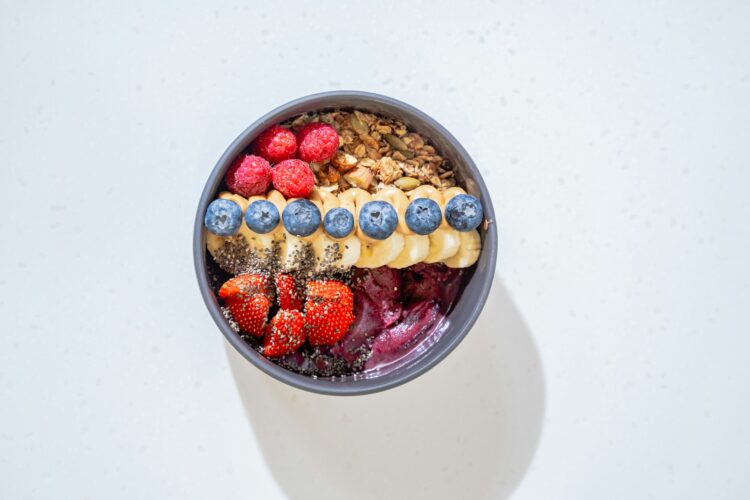
They look like art — purple swirls, coconut flakes, edible optimism. But they melt in five minutes and taste mostly like sugar pretending to be virtue. You finish one and still feel hungry, wondering if the point was to eat or to be seen eating. It’s health in quotation marks — photogenic but hollow, sweet without substance.
Kombucha
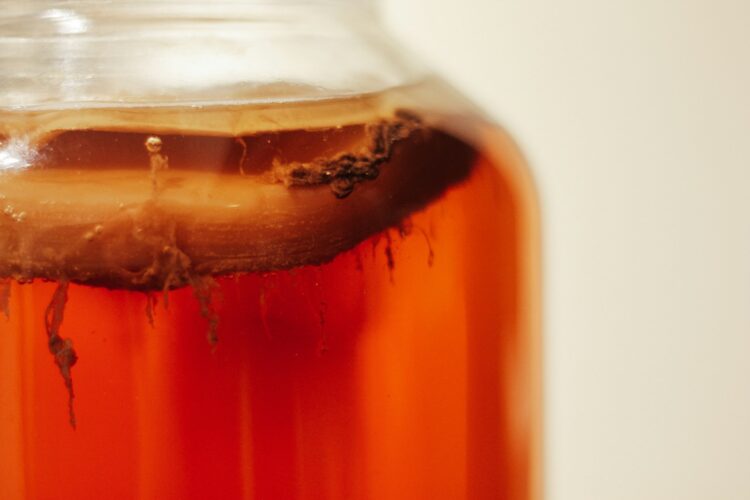
Everyone swears it “grows on you.” That’s not a compliment. The first sip tastes like vinegar, the second like surrender. People hold the bottle proudly, as if it says something about their microbiome and self-control. Deep down, they know it’s carbonated guilt with a hipster label. It’s not about liking it — it’s about wanting to look like the kind of person who would.
Anything Called a “Bowl”
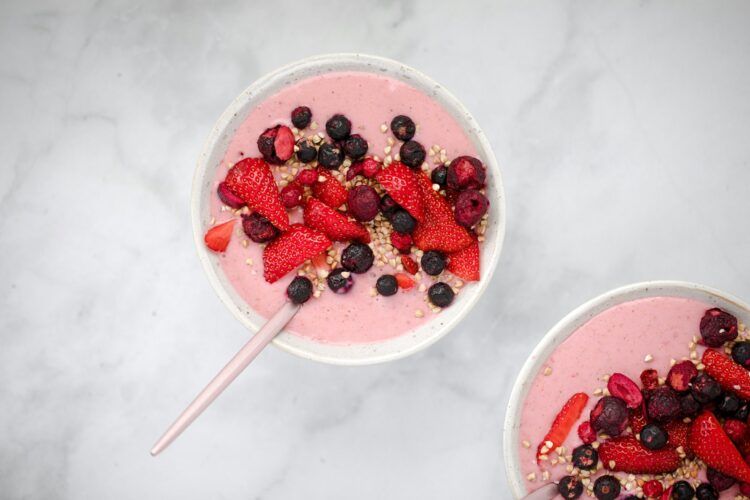
Smoothie bowl. Buddha bowl. Glow bowl. It’s all the same — leftovers arranged for Instagram under the pretense of mindfulness. You start with enthusiasm, but halfway through, you’re tired. It’s not comfort food; it’s effort disguised as wellness. The colors look happy, but the taste feels like a compromise. It’s a beautiful way to miss the point of eating.

